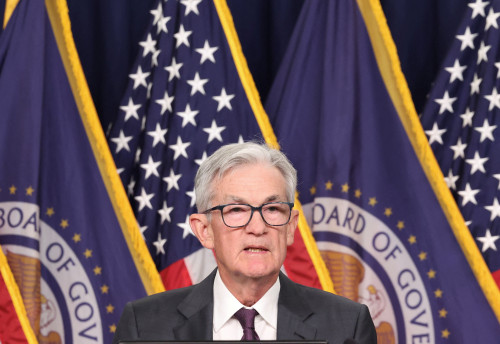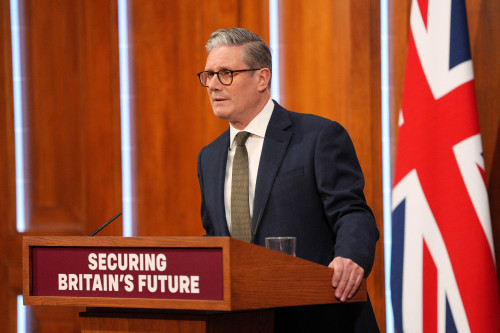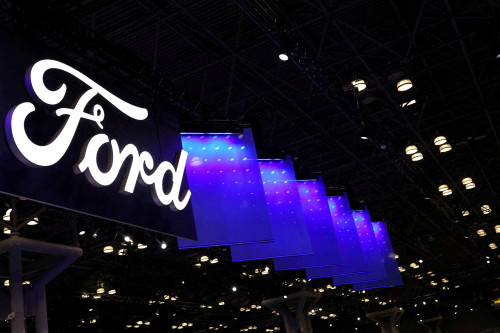By Howard Schneider
CHICAGO (Reuters) – The legal case before the Supreme Court over President Donald Trump’s firing of two Democrats from federal labor boards does not likely apply to the Federal Reserve, the head of the U.S. central bank said on Wednesday.
Fed Chair Jerome Powell, in response to a question at an event at the Economic Club of Chicago, said “that’s a case that people are talking about a lot. I don’t think that that decision will apply to the Fed, but I don’t know. It’s a situation that we’re monitoring carefully.”
Powell said the Fed’s independence is “very widely understood and supported in Washington and in Congress where it really matters.”
The matter is raised regularly to Powell during public appearances because his relationship with Trump is fractious. Elevated from member of the Board of Governors to central bank head by Trump during his first term in the White House, Powell soon fell out of favor with the Republican president, who repeatedly threatened to try to fire him for not bowing to his demands at the time to cut interest rates.
“The point is we can make our decisions and we will only make our decisions based on our best thinking … our best analysis of the data about what is the way to achieve our dual mandate goals as we can to best serve the American people,” Powell said. “That’s the only thing we’re ever going to do. We’re never going to be influenced by any political pressure.”
“People can say whatever they want. That’s fine. That’s not a problem, but we will do what we do strictly without consideration of political or any other extraneous factors,” he concluded, a line that drew several seconds of applause from the audience.
Powell’s remarks come a day after lawyers told the Supreme Court in filings connected to the case over Trump’s firings of two Democratic appointees to government labor boards that allowing the dismissals to stand leaves the independence of the Fed vulnerable. The case is being closely followed by economists and other Fed-watchers for its potential implications for the U.S. central bank.
It “would greenlight chaos, including the potential destruction of the independent Federal Reserve on which the national economy relies,” lawyers for Cathy Harris, whom Trump fired from the Merit Systems Protection Board, wrote in a brief to the court urging the justices to reject the administration’s case. Lawyers for Gwynne Wilcox, dismissed from the National Labor Relations Board, made similar arguments.
The Supreme Court last week cleared the way for Trump to remove Harris and Wilcox for now. The stay of an appellate court ruling that they should be reinstated gives the nine justices time to consider the Trump administration’s formal request to block lower courts’ orders to reinstate them while litigation over the firings continues.
The Fed system’s seven governors, including the system chair, are appointed by the president and confirmed by the Senate. The Federal Reserve Act of 1913 that created the modern U.S. central bank stipulates they may be dismissed only “for cause,” not for political or policy disagreements.
(Reporting by Howard Schneider in Chicago; Writing by Dan Burns; Editing by Matthew Lewis)







